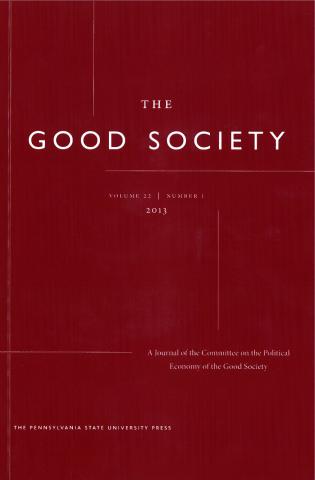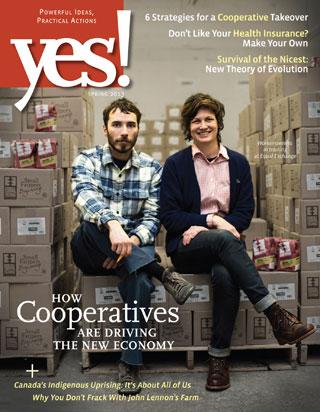This essay by Democracy Collaborative co-founder Gar Alperovitz and Research Director Steve Dubb opens the academic symposium journal issue on “Alternatives to Capitalism” which provides a collection of essays that explore the broader implications of community wealth building for creating a new economy.



